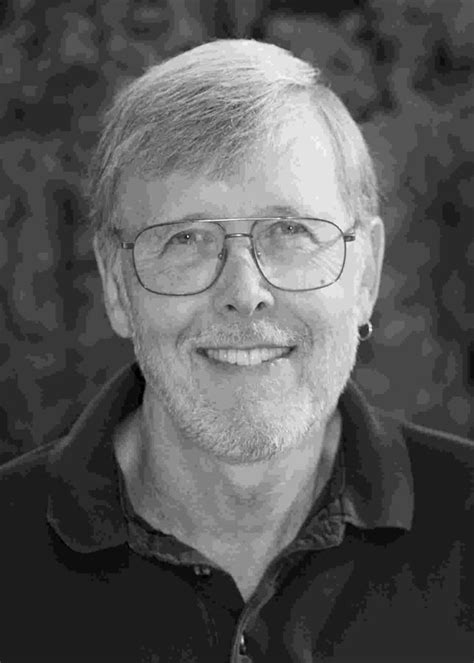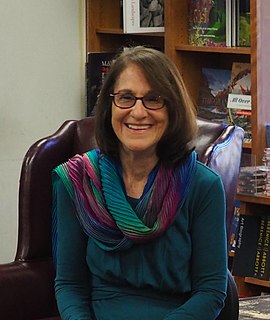A Quote by George Santayana
A sanctity hangs about the sources of our being, whether physical, social, or imaginary.
Related Quotes
It is true to say that for me sanctity consists in being myself and for you sanctity consists of being yourself and that, in the last analysis, your sanctity will never be mine and mine will never be yours, except in the communism of charity and grace. For me to be a saint means to be myself. Therefore the problem of sanctity and salvation is in fact the problem of finding out who I am and of discovering my true self.
One great question underlies our experience, whether we think about
it or not: what is the purpose of life? From the moment of birth
every human being wants happiness and does not want suffering.
Neither social conditioning nor education nor ideology affects this.
>From the very core of our being, we simply desire contentment.
Therefore, it is important to discover what will bring about the
greatest degree of happiness.
I think that we should take the tragedy that happened in Newtown and have a full comprehensive dialogue about all issues, whether it has to do with mental health, whether it has to do with the social decline of our young people and some of the things that they are exposed to, whether it has to do with the firearms and guns.
In the central cases of physical pain, then, it appears that at least part of what is bad about our condition is the way it makes us feel. Here there seem to be no problems with a purely mental state account, no counterpart to the experience machine that could bring us to think that we are being deceived by mere appearances. [...] If I am suffering physical pain then I can be quite wrong about the organic cause of my affliction, or even about whether it has one, without that error diminishing in the slightest either the reality of my pain or its impact on the quality of my life.
People talked about being a parent, or being a mother or a father. We don't talk about "wiving" our husbands or "friending" our friends, or "childing" our parents. We just talk about being in a relationship with those people. You don't measure whether your marriage was good based on whether or not your husband is better now than he was 10 years ago, or whether your friend is richer than when they first became your friend. The relationships between parents and children is a kind of love, rather than a kind of work.
Contemporary philosophers are facing problems that were unthinkable only one century ago, such as whether space and time are mutually Independent, whether there is objective chance or only uncertainty, whether physics can explain chemical change, whether our behavior is fully determined by our genomes, whether ideation can change the brain, or whether either the economy or ideas are the ultimate roots of the social.
If we've learned any lessons during the past few decades, perhaps the most important is that preservation of our environment is not a partisan challenge; it's common sense. Our physical health, our social happiness, and our economic well-being will be sustained only by all of us working in partnership as thoughtful, effective stewards of our natural resources.







































